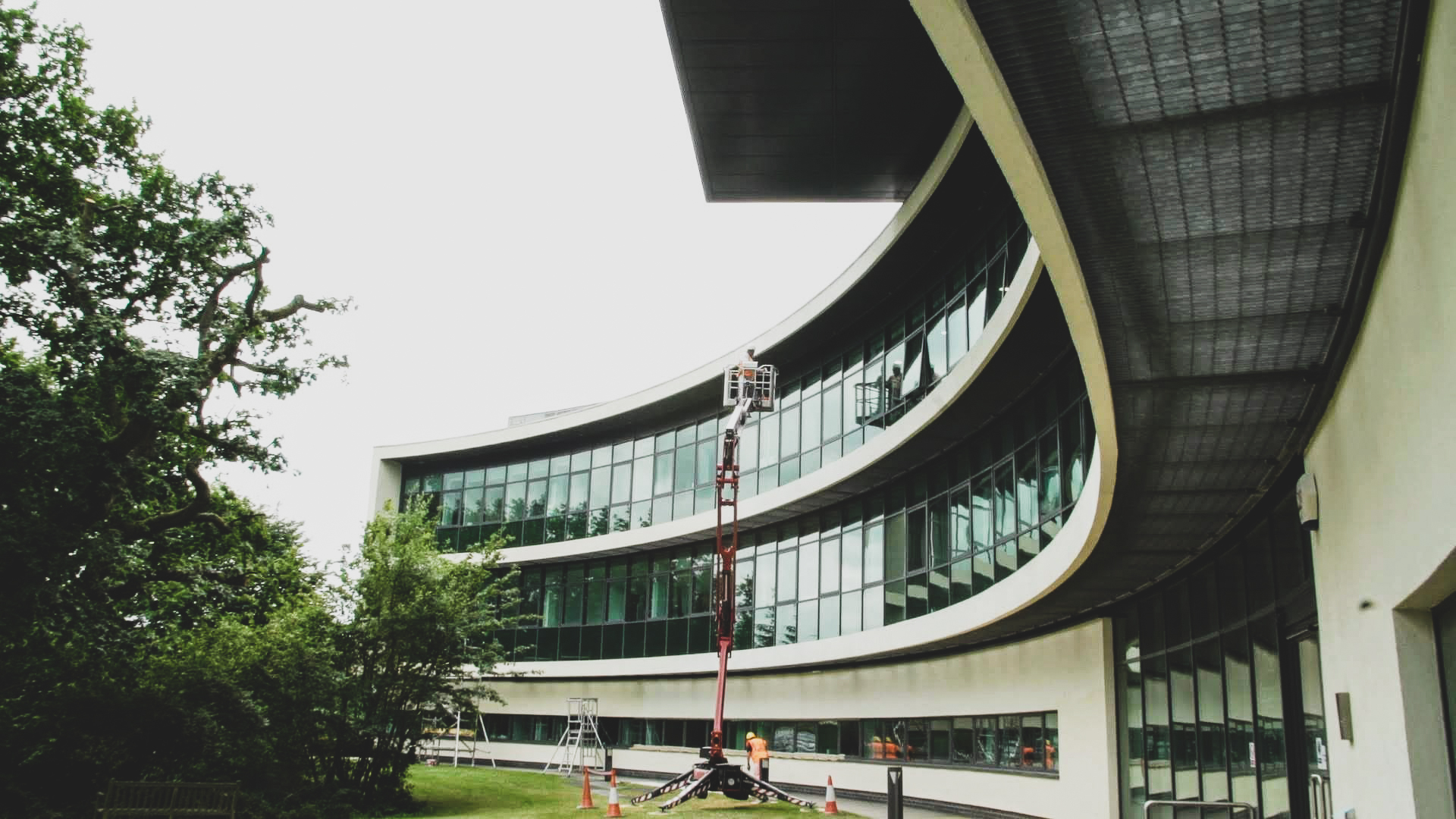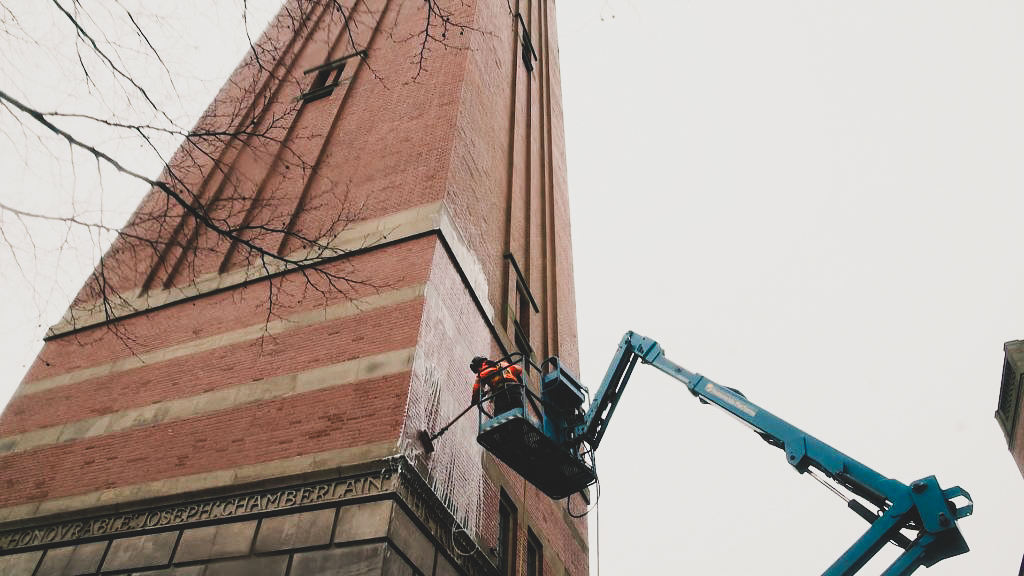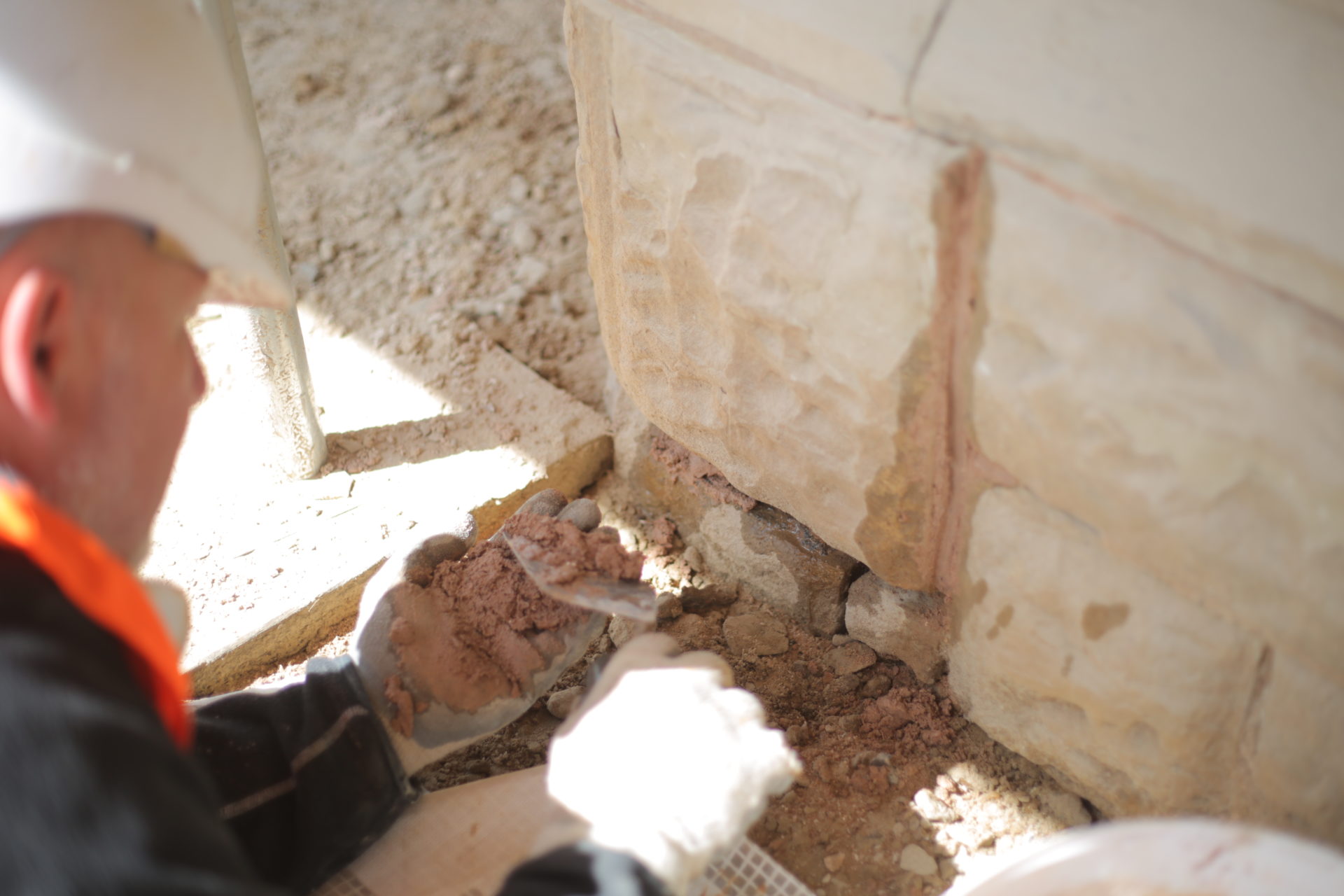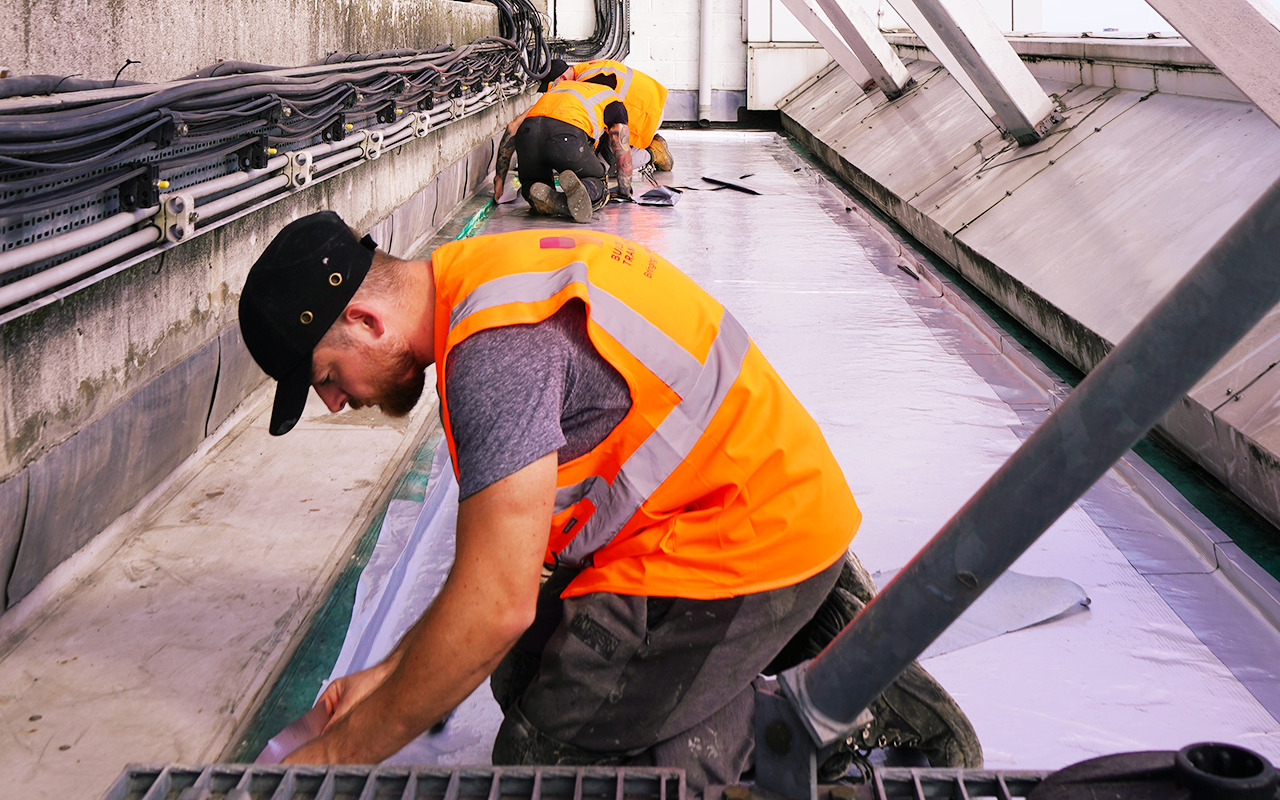School buildings are a valuable long-term asset. Effectively managing your educational facilities will help you save money and ensure you provide a safe, healthy and sustainable learning environment. Therefore, facilities, property, and estate managers must ensure proper maintenance of the buildings in order for them to remain safe, weatherproof, and create an appropriate environment for both learning and teaching. However, while there is no one-size-fits-all solution to school estate management, some core principles of estate management can be applied and reshaped to achieve success.
Information for maintenance planning
The school estate will often include buildings that vary in age, condition, types of construction, and building materials. These buildings will likely have very different requirements and challenges when it comes to maintenance and repairs. Some educational buildings sit in conservation areas, or the building itself might be of historical interest. In that case, there may be strict rules regarding maintenance work and may also require permission before work can start.
When planning for longer-term maintenance, you’ll need to gather a range of information as your starting point.
Condition surveys

Condition surveys are useful for strategic estate management as they help identify what work is required across an entire estate, allowing you to plan effectively and prioritise key repairs and works. A condition survey will also help you to identify the likely cost of works and help to prioritise work according to the available maintenance budget. The information provided may need to be split out across a couple of years, but as long as you have the information available to you, you’ll know exactly what to plan for.
The condition survey should identify specific issues relating to the condition of the building and the maintenance requirements for such things as the roof, windows, and doors and provide the estimated cost for repair or replacement. Condition surveys can also identify potential structural problems and health and safety concerns that may require further investigation. Prioritisation ratings and condition gradings are then used to prioritise the works.
Maintenance planning
Maintenance planning is a key element of estate management. It should be supported by both an overall estate maintenance plan with planned preventative maintenance (PPM) and a day-to-day maintenance plan. These plans will help you to develop an estate strategy and asset management plan (AMP) that covers the cost-benefit of replacing items that incur ongoing maintenance costs.
Many overall maintenance plans are developed to cover two to five years but should also include a schedule of works to be carried out each year based on the condition of the buildings identified in the condition surveys. You should prioritise works in the maintenance plan based on any legal duties that may impact security or health and safety.
Procuring and managing maintenance works

Maintenance work of school buildings will often include relatively minor works alongside bigger projects. You may have an arrangement with a property consultant or technical advisor who can independently advise on the building fabric and any issues. This is often a good idea if you require extensive maintenance work or need an independent assessment of repair or replacement works recommended by maintenance contractors.
Before undertaking any maintenance work, you should appoint a skilled contractor who has experience in undertaking the type of work you require. The contractor should explain what they will do and how they intend to mitigate any risks they will create before work begins. Keep in mind that you have a duty of care to any contractor you hire, and this includes providing them with all relevant information about the school building estate, such as the asbestos register. This will allow them to undertake the work safely without any risk to their health or others.
Educational estate funding
School estate funding usually comprises several different pots and will typically depend on the building’s size. That’s why it is so important to plan properly and allocate funds carefully. You will need to know the condition of your education buildings to allow you to plan appropriately and spend your time correctly and effectively allocated funding while helping draft bids to any relevant funding programmes. The growing pressure on resources nationwide has led to many schools experiencing a cut in their maintenance budget. Therefore, an evidence-based maintenance plan will help you to understand the implications of any budget cuts by prioritising the most important and essential works.
Key questions to consider
The DfE has published a list of questions for academy school boards to consider when managing estates which can be useful for all schools.
- Are we managing the estate effectively?
- Who is responsible for the estate?
- Do we have the necessary skills, knowledge and capacity to manage the estate?
- How do we manage the estate?
- What is the condition of the buildings?
- Are we complying with our legal responsibilities?
- What do we do in emergencies?
- What funding is available for investment in the estate?
- Are we spending wisely on the estate?
- Can we become more efficient with our expenditure?
- How to demonstrate this?
The DfE also recommends boards record their aspirations for delivering education from the estate perspective to help with support funding applications and prioritising investments. Those responsible for estate management need to understand what estate data is available to achieve better risk management and know what information isn’t available and needs updating.
At Building Transformation we provide complete lifecycle solutions to inspect, test, repair, replace, access, or refurbish your educational and school facilities. Speak to a member of our team today to arrange a condition survey, leak investigation, or repair solution to restore your school or university.













